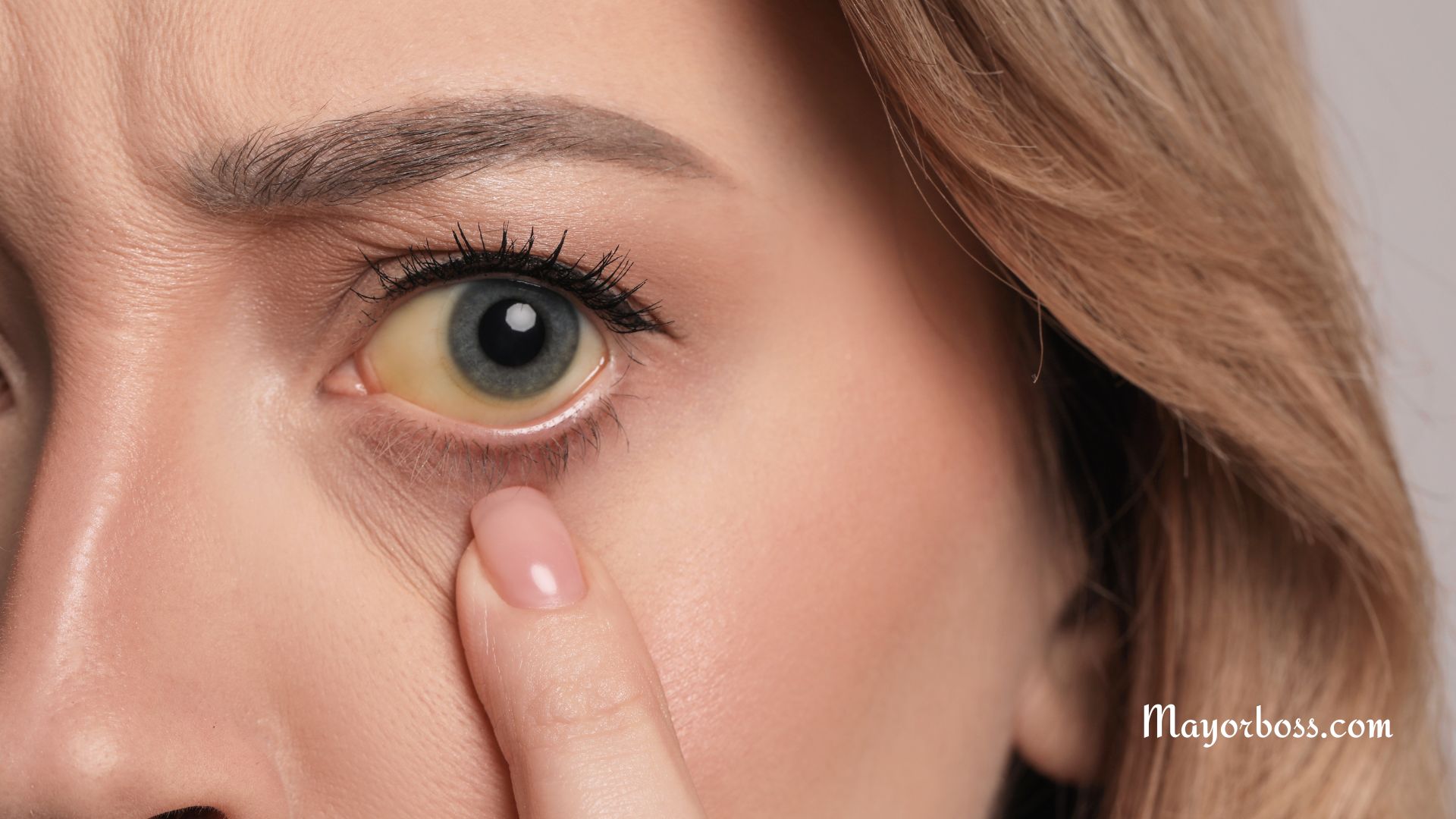5 Warning Signs That You Are Eating Too Much Sugar
Sugar is sweet. It’s enticing. However, too much of it can wreak havoc on your body. High sugar consumption can lead to a series of health complications.
These range from obesity to heart disease and diabetes. It’s critical, therefore, to moderate your intake.
In this article, I’ll walk you through five warning signs that you’re eating too much sugar.
1. Mood Swings
Firstly, take note of your mood swings. Are you experiencing fluctuating emotions that make you feel like you’re on a rollercoaster? If you find your mood shifting rapidly, sugar may be playing a role.
High sugar intake can cause your blood sugar levels to spike and then plummet, leading to mood instability.
To test this theory, try reducing your sugar consumption for a few days and observe any improvements in your mood stability.
2. Energy Crashes
Ever felt a sudden drop in energy? This could be another warning sign.
Consuming sugar gives you a quick energy boost. However, it’s short-lived. Your energy levels crash, leaving you feeling tired and sluggish.
3. Acne Breakouts
Let’s discuss acne breakouts.
Have you noticed an increase in pimples, even though you maintain a good skincare routine? This could be due to your sugar intake.
Sugar can cause inflammation and hormonal fluctuations, leading to acne breakouts or other skin conditions.
Try cutting back on sugar and staying hydrated by drinking more water instead of sugary drinks. This simple change can help clear up your skin.
4. Cravings for More Sugar
You’re always wanting more. It’s a vicious cycle. Sugar creates a high, then a crash. As a result, your body craves more to regain that high. It’s an insidious addiction.
5. Weight Gain
Weight gain is also a warning sign that you are eating too much sugar.
Sugar is extremely high in calories. If you’re eating too much sugar, you’re likely consuming excess calories. This often leads to weight gain.
Reducing Sugar Intake
Now that you’re aware of the signs, what can you do?
1. Check Labels
First, become a label detective. Sugar hides in many foods. You might find it in your bread or pasta sauce. Always check labels.
2. Opt for Natural Sweeteners
Second, try natural sweeteners. Honey, agave nectar, and stevia are good options. They’re sweeter than sugar, so you’ll use less.
3. Choose Whole Foods
Third, choose whole foods. They’re low in sugar and high in fiber. This helps stabilize your blood sugar levels.
4. Hydrate with Water
Lastly, hydrate with water. It’s easy to consume lots of sugar through drinks. Opt for water instead.
In conclusion, moderation is key. Be aware of the warning signs. Make healthier choices. By doing so, you can reduce your sugar intake and lead a healthier life.
Frequently Asked Questions
High sugar consumption can indeed lead to various health problems. It’s linked to obesity, heart disease, and type 2 diabetes.
Additionally, it can harm your teeth and potentially contribute to mood disorders and poor skin health.
While natural sugars found in fruits and honey come with added nutrients and fiber, they still contribute to your total sugar intake.
Hence, they should also be consumed in moderation. However, they are generally considered healthier than processed sugars as they are not stripped of their nutritional value.
Start by eating a balanced diet rich in whole foods, lean proteins, and healthy fats. Regular physical activity can also help manage cravings.
Additionally, ensure you’re getting enough sleep, as lack of sleep can specifically increase cravings for sugary foods.
According to the American Heart Association, women should limit their intake to 6 teaspoons (25 grams) per day, and men should limit theirs to 9 teaspoons (38 grams) per day. However, this can vary based on individual health conditions and lifestyle.






